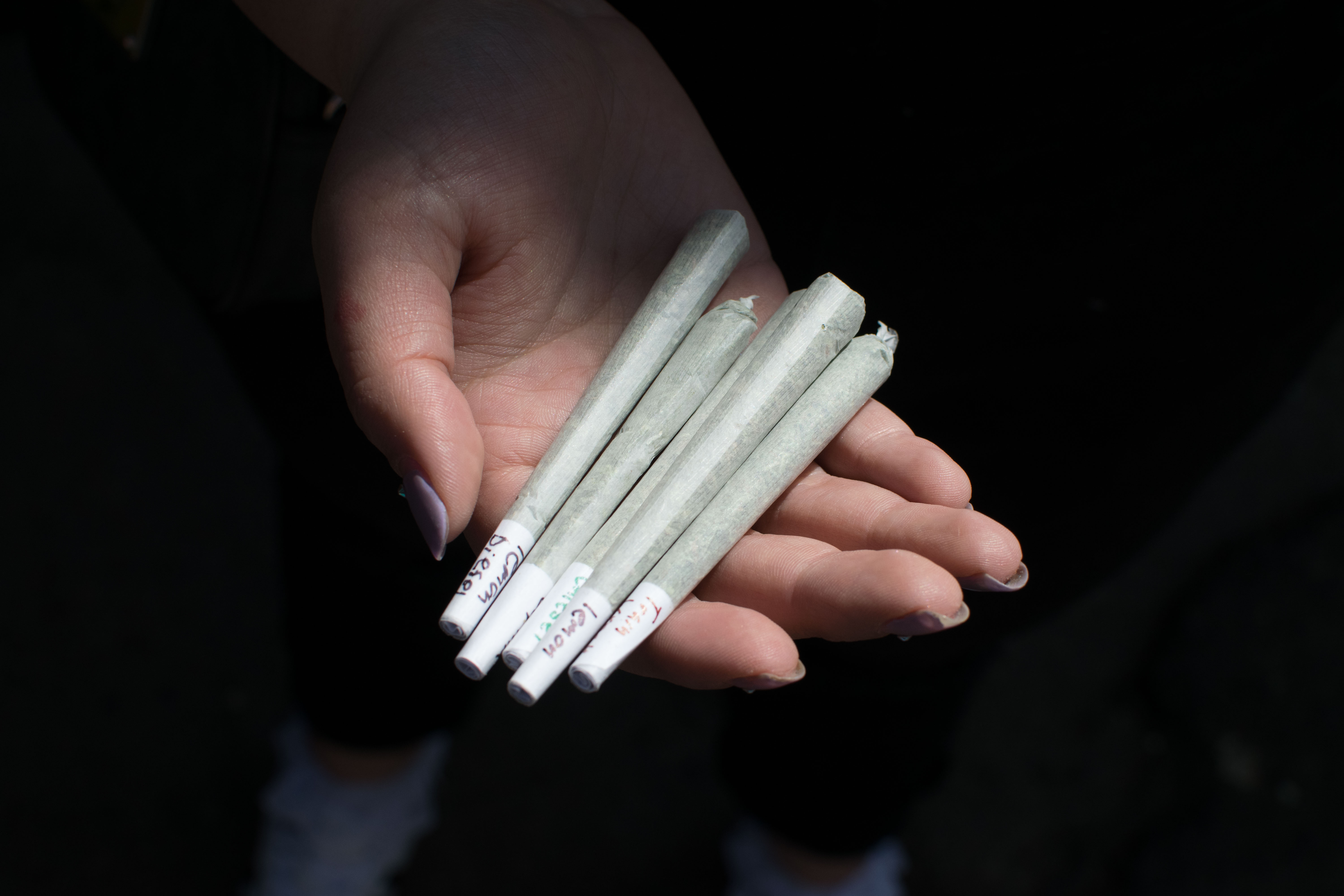Update: The Cofee Joint received approval on Monday, January 26 to allow marijuana use by patrons under a 2016 voter-approved initiative.
In short, Denver can open a cannabis consumption venue, and the applications for such businesses have been available since August. But like any ordinance, it is riddled with rules and regulations that will make the licensing process difficult and for some, impossible. It is not impossible for all though. In fact, Denver just had its first applicant on Friday, December 8, by Rita Tsalyuk, owner of 1136 Yuma. Her plan is to build a coffee shop next door, which is set to be named “The Coffee Joint” as of today, for which she is applying for the consumption license. The Coffee Joint is slated to charge a small entrance fee and feature “marijuana accessories” with coffee, tea and vapor options.
But still, Tsalyuk and any other prospective applicant will have to endure the same lengthy approval process to get to the opening day of a cannabis consumption establishment. Since retail marijuana has only been around for a few years, the City of Denver is still figuring out how to enforce things and it has made it very clear that anything involving further legalization of the substance will be done thoroughly and with much consideration. All applicants must abide by regulations for location, health and sanitation, consumption, distribution, all while operating under the federal law — which considers the product still very much illegal in most of the country.
Some of these regulations are adjustable, some are not. Some will take some swift maneuvering, and some simply come down to a dollar sign. Either way, the main factors to understand are that when an establishment in Denver takes on the responsibility of making the required adjustments for recreational cannabis consumption, the atmosphere we are all used to will look very different.
The Basics
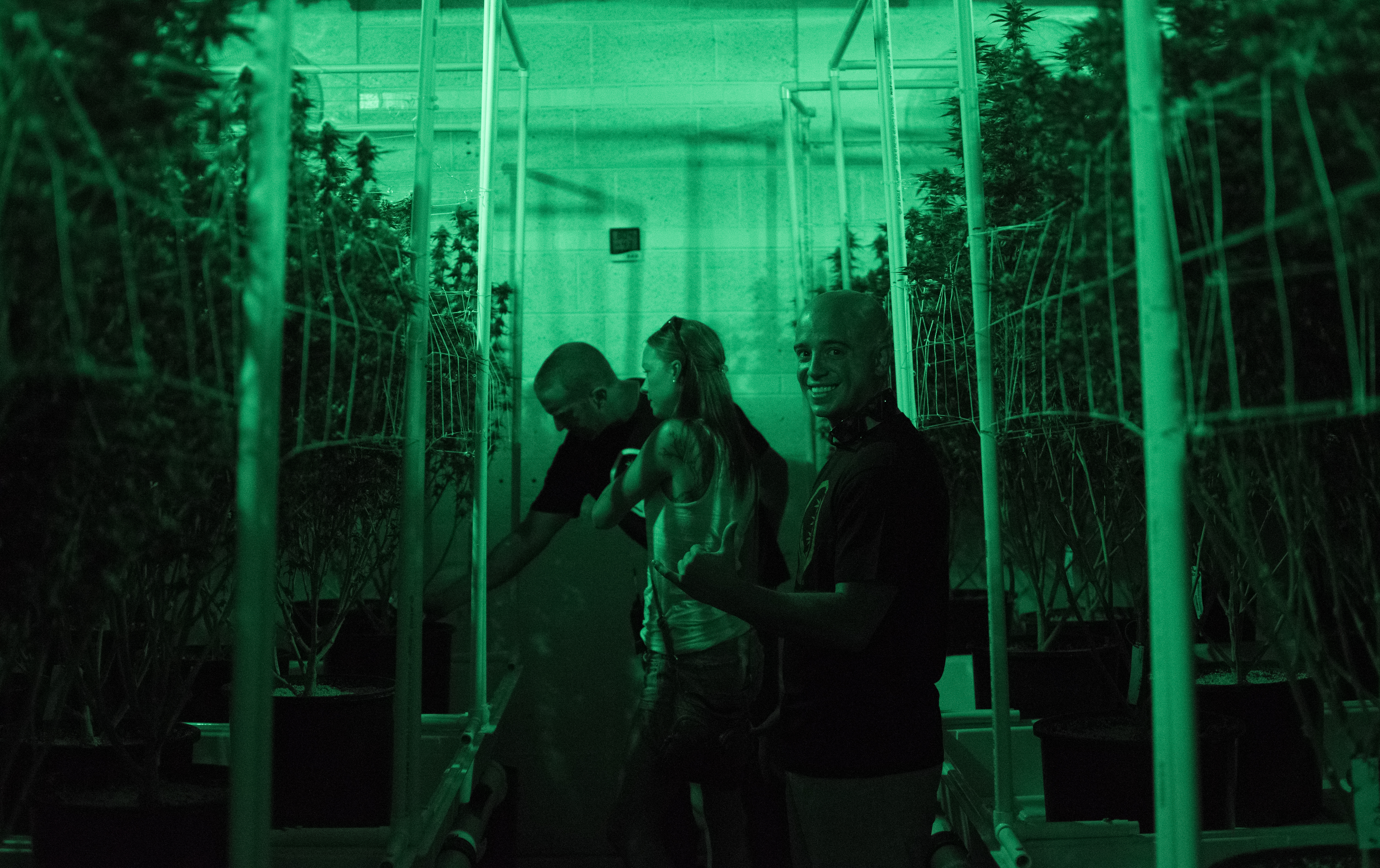
Amendment 64 is the ballot measure that passed on November 6, 2012, amending the Constitution of the State of Colorado allowing marijuana to be regulated like alcohol. In doing such, Colorado needed to set guidelines for when, where and how this newly legal substance could be ingested. Cue Initiative 300, which passed on November 8, 2016, is also known as I-300, the Neighborhood-Supported Cannabis Consumption Pilot Program, or, if you’re feeling fun, The Social Pot Use Initiative. The first of its kind, I-300 set the guidelines for how businesses could obtain permits for cannabis consumption — given that the consumer is 21. Also, the cannabis cannot be consumed where it is purchased, or indoors at all due to the Colorado Clean Indoor Air Act.
READ: Smoke & Mirrors – Why Denver’s Joshua Haupt is Telling the Secrets of Marijuana Growing
As the law is now, there can also be no consumption of cannabis where there is consumption of alcohol. This pretty much rules out all restaurants, music venues and bars from being eligible, as alcohol is a pretty big money maker for all of those businesses. Of course, cannabis could be too, but it’ll be awhile until cannabis is able to bring in the money that booze can. Whether or not you can consume cannabis or alcohol really just comes down to a license. Anywhere you drink, there should obviously be a liquor license. The rules are the same for a cannabis consumption license. Any eligible establishment would simply need to purchase the appropriate license for the premise in which they wish to allow cannabis consumption. There can be two licenses in the same place, so long as each intoxicant remains within each premise that is licensed, and the licenses can even interchange between cannabis and alcohol as long as two are not enforced at once. “If you want to modify that premises for a period of time you can always apply to do that,” said Dan Rowland, the Director of Public Affairs for the City and County of Denver. “You could modify the premise so that alcohol is not for sale in the same area and make it unavailable. There is a fee and it is through the state liquor licensing division.”
Shortly after I-300 passed, the Liquor Enforcement Division of the Colorado Department of Revenue announced regulations to prevent bars and restaurants from applying for these permits. The regulations are a lengthy list of very restrictive guidelines that would spark doubt in even the most optimistic proponent. “We are still trying to change the liquor rule,” explained Policy Consultant Emmett Reistroffer. To do this, Reistroffer is utilizing a committee called the Rules Review Committee. What they do is review rules that are passed by different state departments to determine if the department had the authority to pass those rules. Last year, with the help of Senator Dan Kagan, they requested that the legislative legal services do a review of the rule. Basically, the legislative legal services provide legal advice for free to our lawmakers. Kagan requested the review, and when it came back it concluded that the Department of Revenue did not have the statutory power to pass this rule. They can only pass rules which the law already says that there is a reason that they have the authority. “They have the authority to pass rules on liquor, liquor enforcement anyway, but not marijuana,” clarified Reistroffer.
What Are The Guidelines?
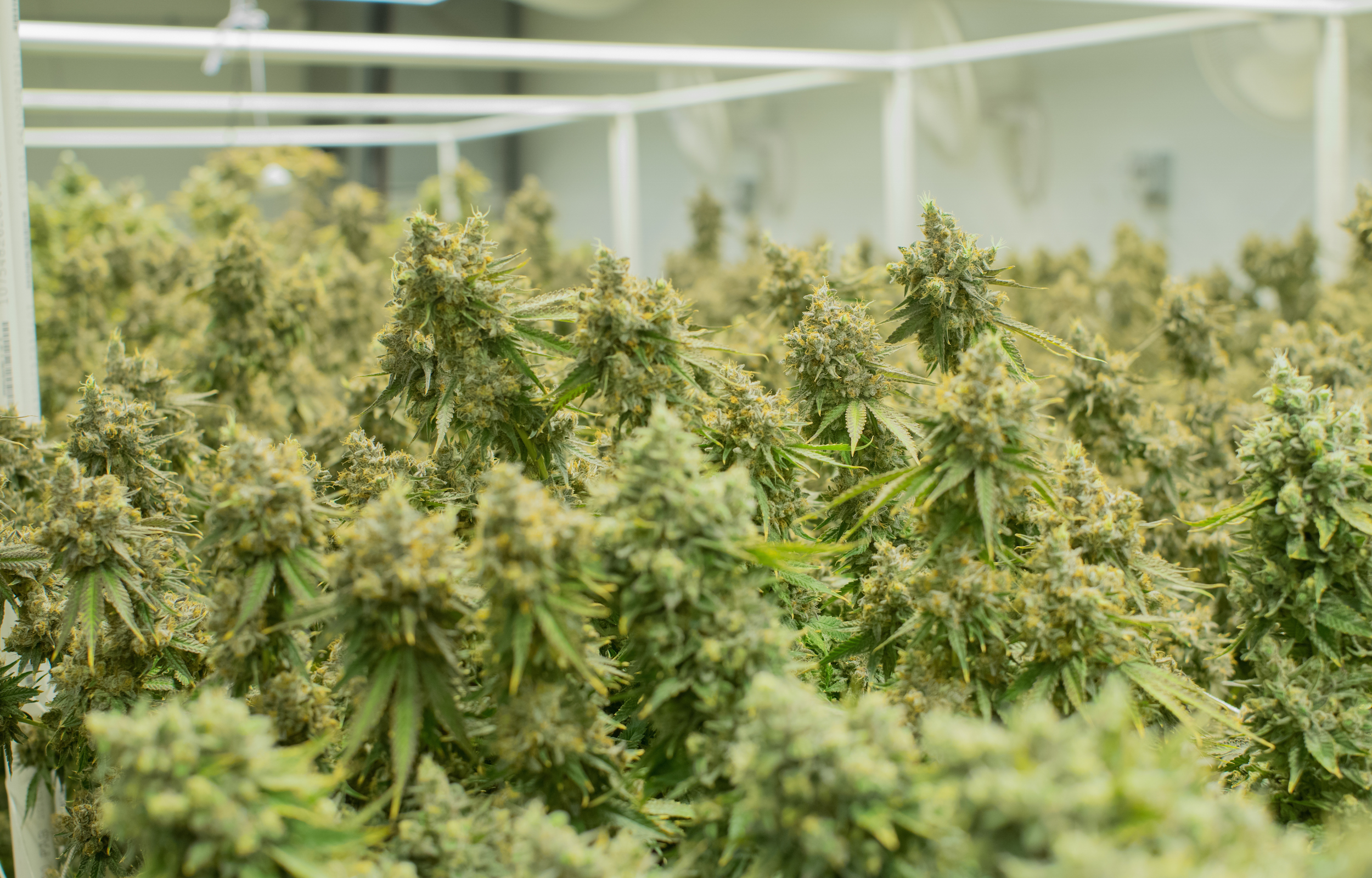
Denver is the first city in the United States to pursue legalizing cannabis consumption establishments, so it is going to be a learning process for everyone involved. Being the first at something with so much weight can obviously present itself as a blessing as a curse, but our city is taking the challenge in stride. “Who else would do it? It’s Denver, it’s Colorado,” says Rowland. “We are obviously very comfortable in that role, and I think we do take a measured, thoughtful approach to all of this.”
READ: A Kief History on Legal Marijuana and the Current Administration
To open a Cannabis Consumption Establishment, applicants must first find an eligible location. This might be the trickiest part. First, the location cannot be within 1,000 feet of a school or childcare business. “There are 350 daycares across the city,” says Reistroffer. “There are over 1,000 locations that we cannot operate in because they are within 1,000 feet. of something restrictive, be it a daycare, school, or drug and alcohol rehabilitation facility.”
“The entire Santa Fe Art District is not eligible. RINO Art District is largely not eligible. There are about three blocks that can be but are being redeveloped and are expensive. Brighton Boulevard is the same situation. The Highlands is pretty much ruled out. All of Northwest Denver is ineligible, most of Federal Boulevard is not and most of Colfax is not. There are just a ton of barriers, unfortunately,” said Reistroffer.
There are also distance restrictions from city recreation buildings and pools, residential zone districts and public property. “It’s truly discouraging how the vast majority of Denver is not eligible for permits,” said Reistroffer.
For the sake of conversation, let’s just say that someone finds a location within the aforementioned parameters and is able to apply for the license. Then what? First, the application comes with a fee, the cheapest license running at $1,000, with a $1,000 licensing fee. So, there would need to be some financial investment, with little return in the beginning. For Tsalyuk, this is not a huge concern. “I know it will be good for our current business [1136 Yuma] and for us it is really more about bringing something like this to the community. We not are expecting to make a lot of money right away,” she explained. However, if the state law can change, and Colorado can get to the point where the pub and bar model is legal, then the business can sell the product and consumers can consume the product inside the venue, which would be much more profitable.
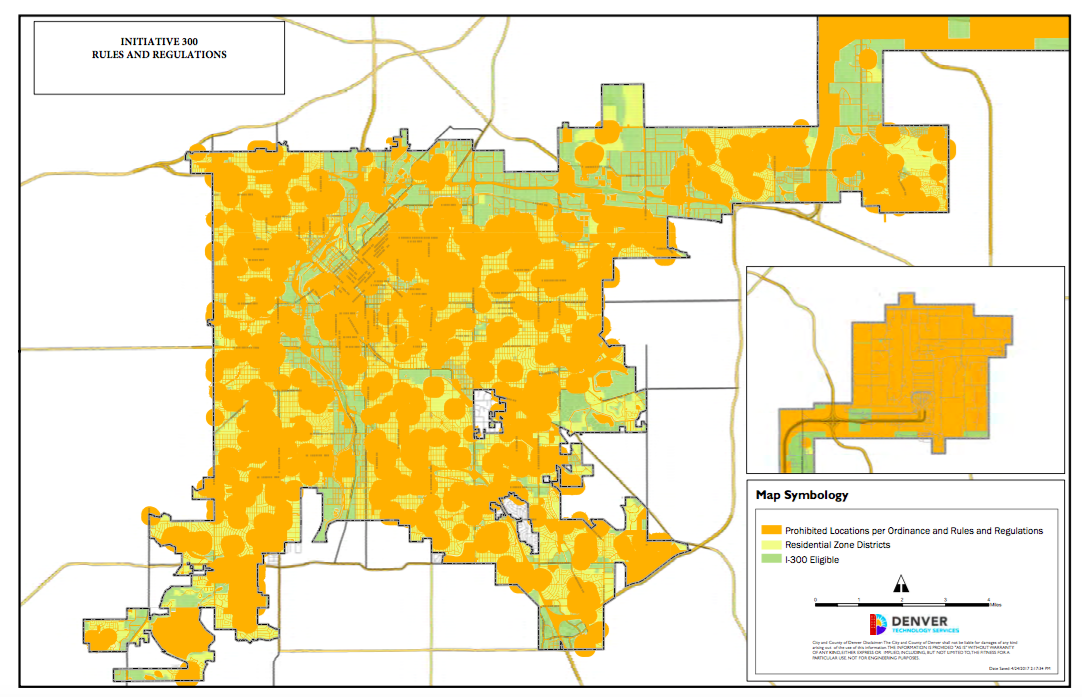
What Else Is Preventing This?
On top of all of the aforementioned regulations, there is one portion of the ordinance that really shakes things up. Prospective applicants must show proof of neighborhood support or non-opposition from a Registered Neighborhood Organization (RNO) or Business Improvement District. Then, a public hearing will be held within the neighborhood of the proposed location of the establishment, and the applicant will need written support from the registered organization in support of the establishment opening. The applicant will also need to submit an Engagement Plan with all written policies and procedures for health, sanitation, waste, responsible operations, zoning, internal and external walls, how they will prevent underage access, driving under the influence, indoor consumption and have an odor control plan that has been certified by an industrial engineer.
Another major factor to consider is the statewide prohibition of the consumption of cannabis in open and public places, which is why it is not allowed in parks or any open spaces in Colorado. But what does that really mean? What defines open an public? “Those two words, openly or publicly, are what the mayor and the lawmakers have used to describe this very restrictive approach to cannabis consumption,” explained Reistroffer. “They claim that our constitutional amendment prevents us from having cannabis consumption anywhere other than someone’s private home.” This all means that point blank, you cannot smoke inside and you can’t smoke in public, implying that there will have to be back patios with shielded views, or rooftop patios with fencing or some sort of visual barrier. “Right now, edibles and vaping are okay,” Rowland expands. “You’re not going to be able to smoke a joint, whether it is in an art studio, art gallery, yoga studio, etc. I would imagine the Colorado Clean Indoor Air Act is not something that is going away anytime soon. I think most people are pretty happy that we have a law like that in place.”
This all may seem like an impossible wall of barriers, but Tsalyuk says the experience has been positive. “The process was really easy,” she enthused. “The city was very helpful and encouraging.”
What Else Do The Pros Say?
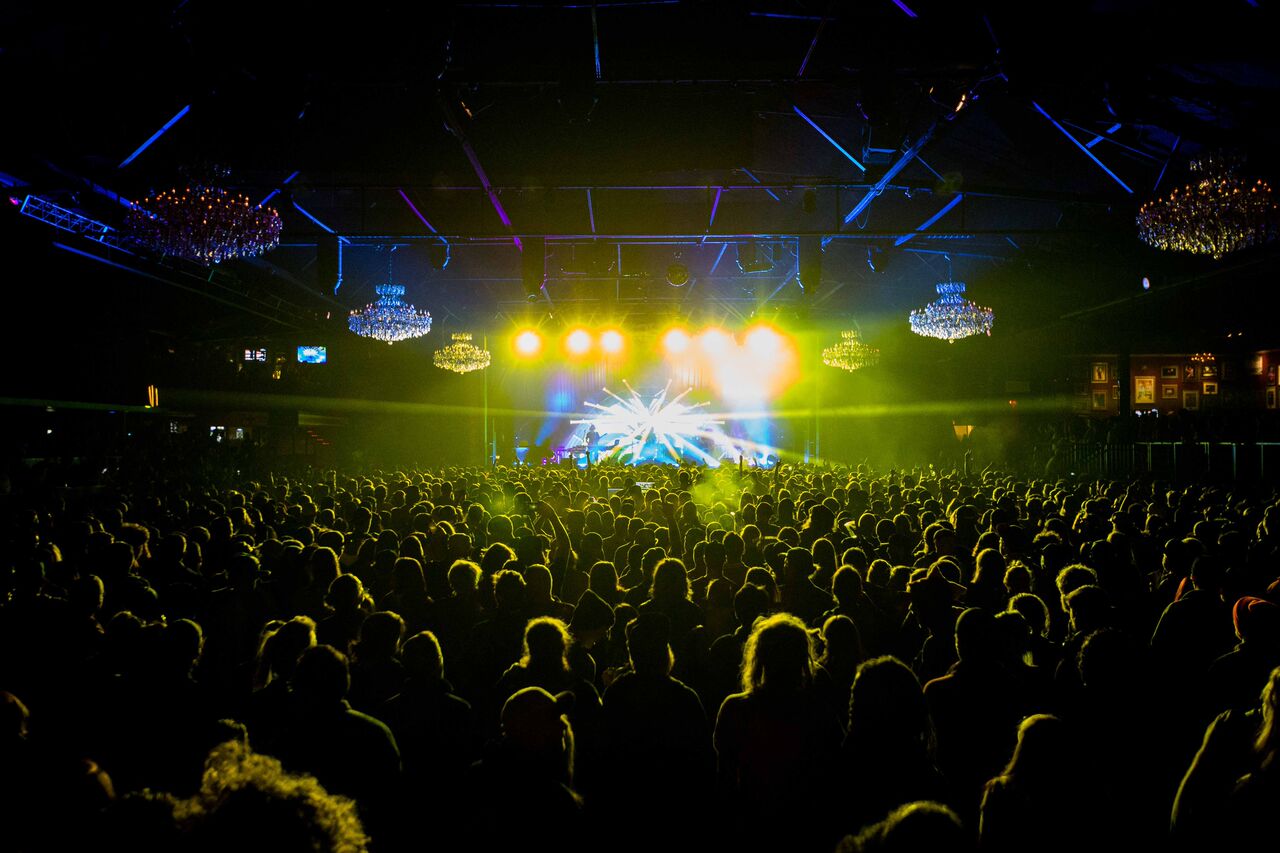
While this is all very exciting, there are several things to keep in mind before you will be pulling out a pack of joints in the middle of The Fillmore. First and foremost, Washington — “The key things to remember are that before we get started there are regulations that are not at the state level,” stressed Rowland. “There are federal laws that we have to operate in. There is a box that we are put in by significant laws. A music venue will have to abide by the same law.”
Also, one of the more interesting things about I-300 is that it almost caused more restrictions along with legalization, and those restrictions may not be assisting in the de-stigmatizing of cannabis. “One thing I am very concerned about, is that while I want to advocate for this new license type where we can consume the product at the same place where we purchase it, I am concerned with this cause an almost segregation where we are separate but equal,” explicated Reistroffer. “What I don’t want these establishments to say, ‘you can smoke your weed, but you can’t come out into the rest of society.’ It is really absurd, especially when you look at how much alcohol is promoted in this city.”
With all of these hurdles to jump before places will be able to offer a legal place for consuming cannabis, it is important to keep in mind that we in Colorado have an opportunity that other music and cannabis fans do not, and that should be celebrated. It is also a comfort to know that our local representatives and consultants are taking the needed steps to ensure the health and safety of our residents are not compromised.
As for when these businesses will open, the timeline is still uncertain. But the issue of “if” these places will open seems less of an issue now that there is finally an application submitted — but in the meantime maybe don’t hold your breath.






